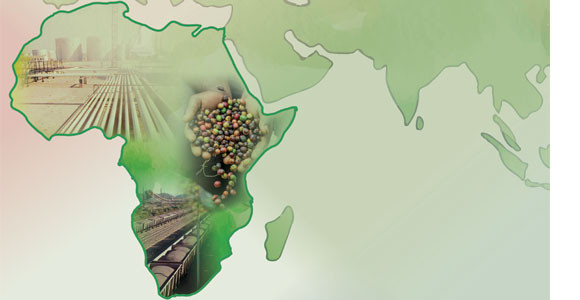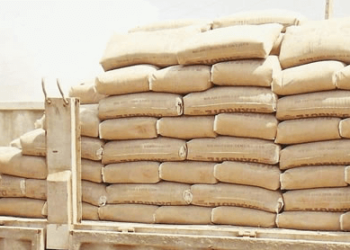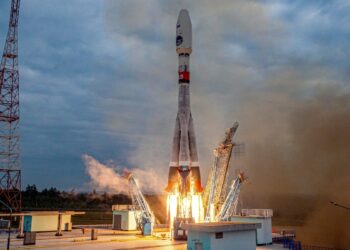The ongoing conflict between Israel and Palestine, reignited by Hamas’ recent attack, has not only reignited a regional conflict but would also send shockwaves across the global economic landscape.
The implications of this war, coupled with the continuing effects of the COVID-19 pandemic and the economic disruptions resulting from the Russia-Ukraine war, are having far-reaching consequences on Africa’s economy.
From skyrocketing fuel prices to concerns about fertilizer supply and pricing, Africa is in line to face mounting challenges unless a peaceful resolution is soon brought to this new war.
One of the immediate impacts of the conflict is the surge in fuel prices. The Middle East remains a significant source of oil for Africa, and disruptions in the region often lead to price spikes.
The instability in Israel and Palestine is already contributing to a significant shift in global oil prices, projected to cause a ripple effect on the continent.
The conflict has also raised concerns about the supply and pricing of fertilizers, crucial for agriculture in many African countries.
The Middle East is a major supplier of fertilizers, and disruptions in the region can disrupt the supply chain. The increase in fertilizer prices can directly impact the cost of food production, which is already a concern given the rising global food prices and which is blamed for Ghana’s double-digit inflation among other factors.
The fears of these global challenges come at a time when African economies are still recovering from the economic shocks caused by the COVID-19 pandemic.
The pandemic disrupted supply chains, stifled economic activities, and led to job losses.
The Russia-Ukraine conflict further impacted African economies by driving up prices of key commodities like wheat and corn.
The escalation of the Israel-Palestine conflict is likely to compound these challenges, potentially leading to stagflation and economic instability.
Beyond calling for peace to reign, African Economies need to begin putting measures to mitigate the impact of these global challenges, African economies should consider a multi-pronged approach.
African nations must invest in renewable energy sources, reducing their dependence on imported fossil fuels. Solar, wind, and hydroelectric power can provide more sustainable and affordable energy options.
There is a need to encourage regional cooperation in agriculture and food production to reduce dependence on international markets. This includes investment in agribusiness, modernizing farming techniques, and fostering intra-African trade.
African nations also need to deepen economic and trade integration. This could involve expanding the African Continental Free Trade Area (AfCFTA), which aims to create the world’s largest free trade area, fostering economic resilience and cooperation.







![Ghana's Trade of Vulnerability: Rise of Imports, Fall of the Cedi [Part 2]](https://rggnews.com/wp-content/uploads/2024/06/1200x800-350x250.jpg)








